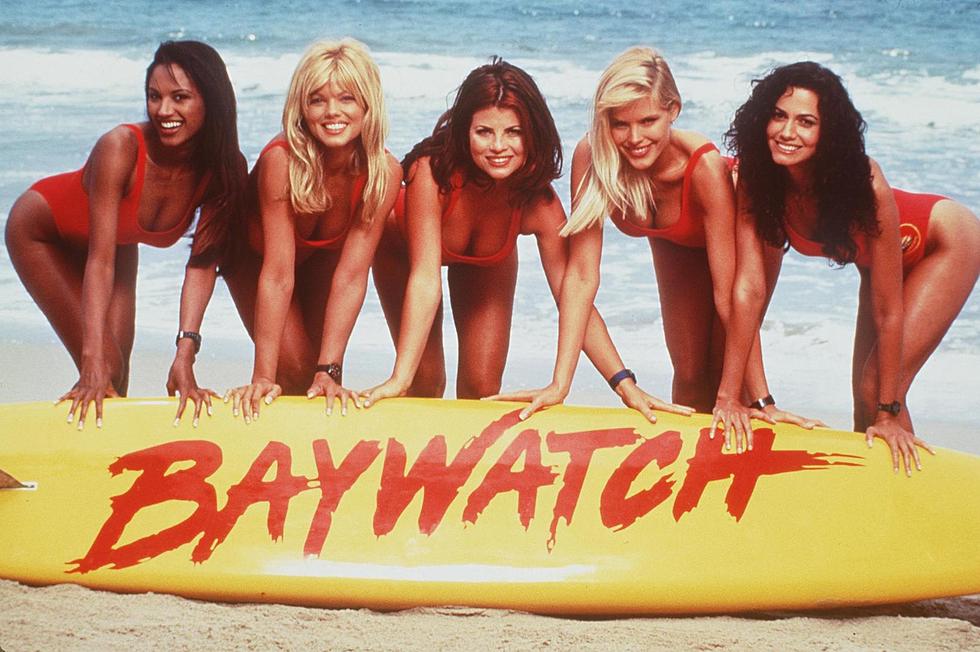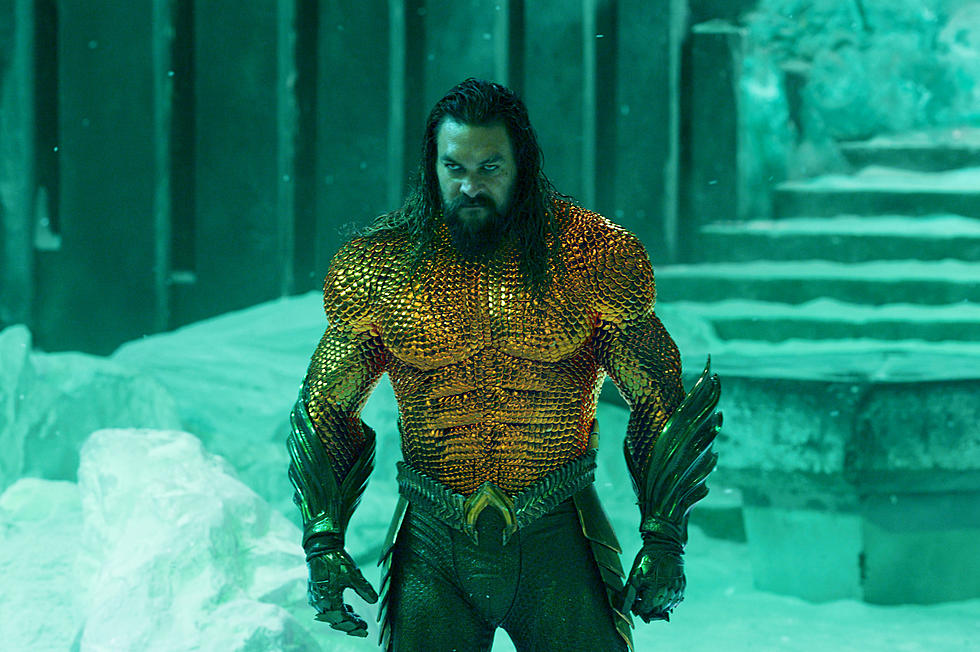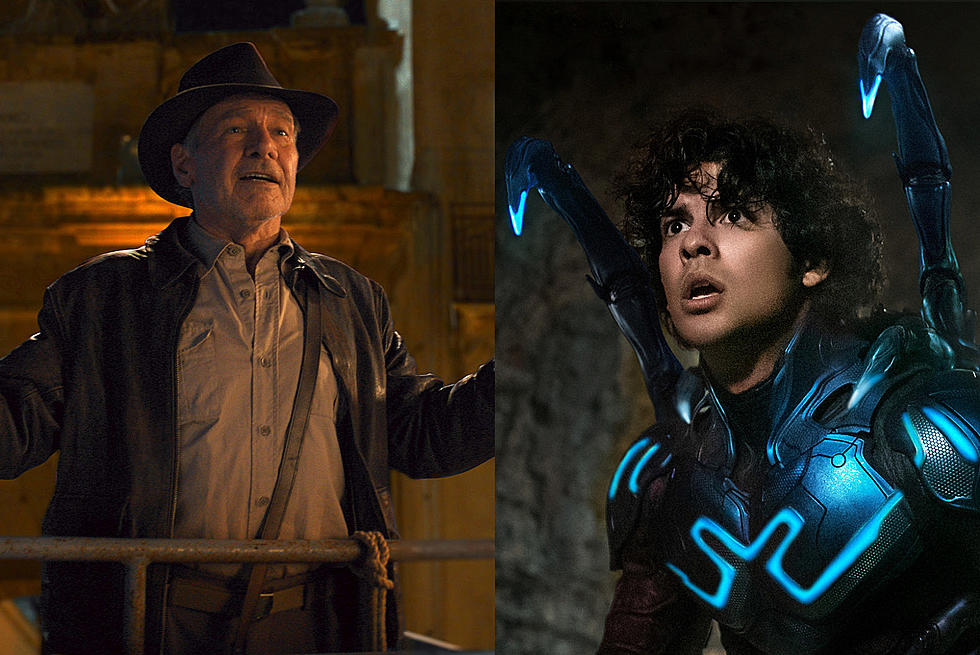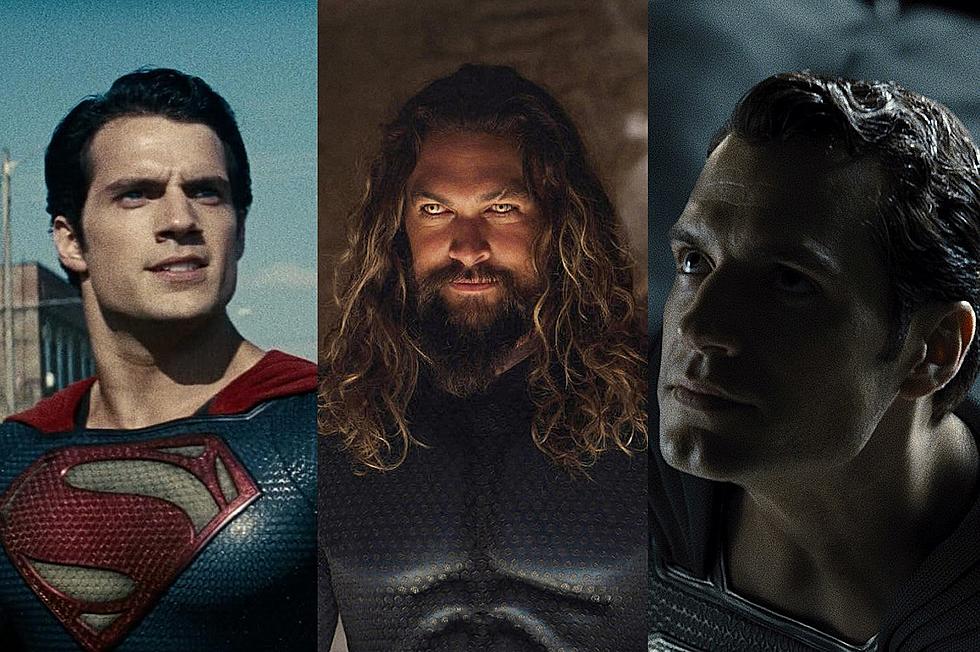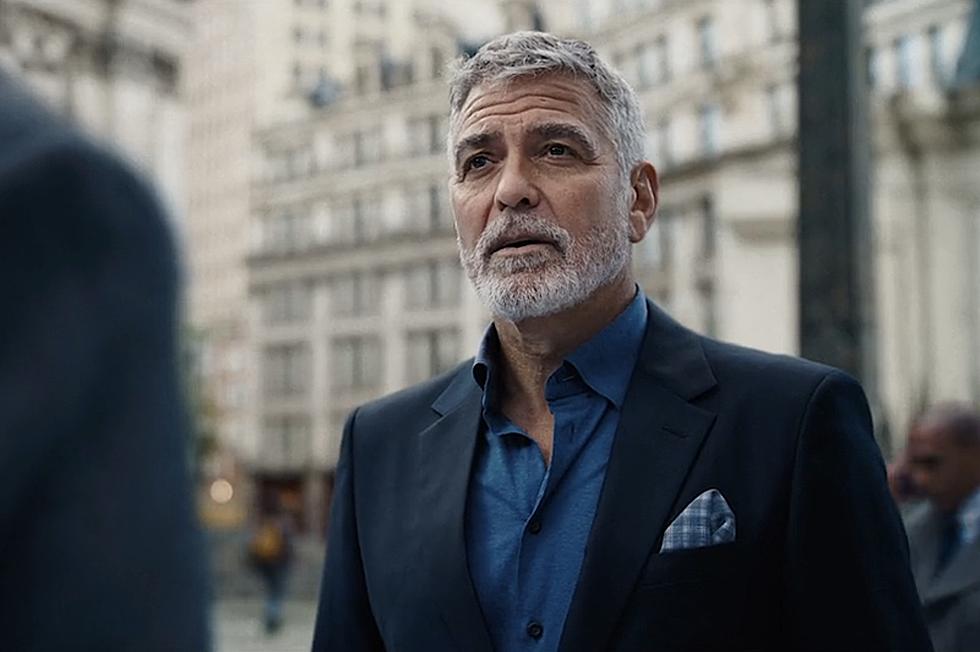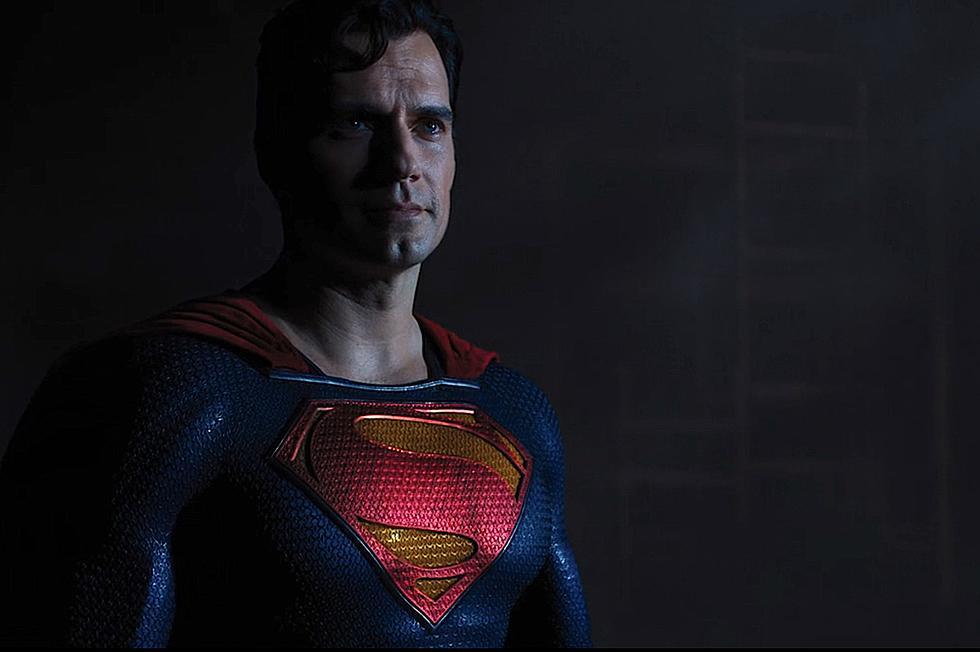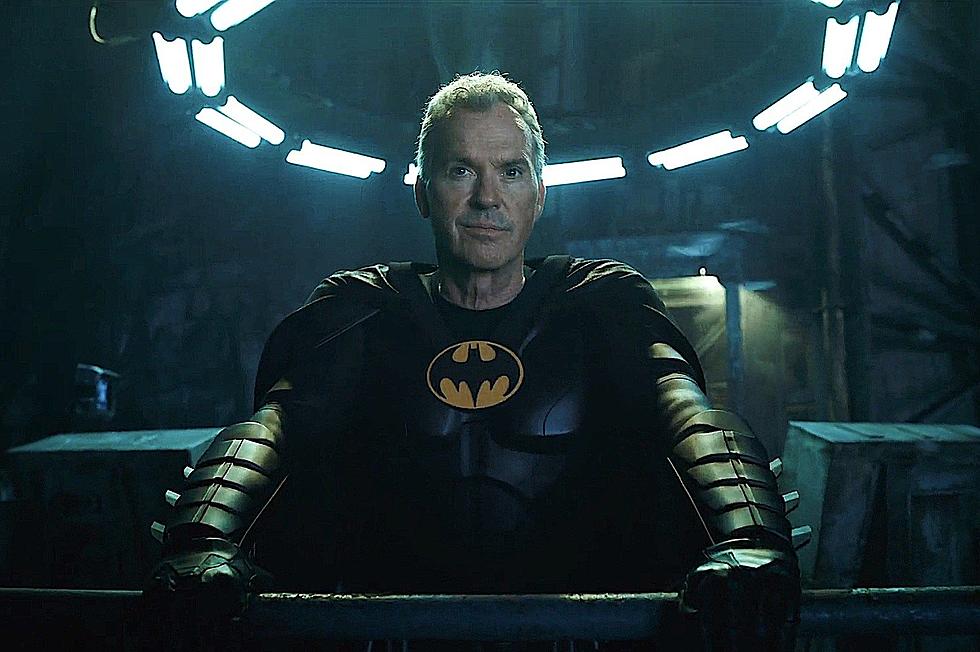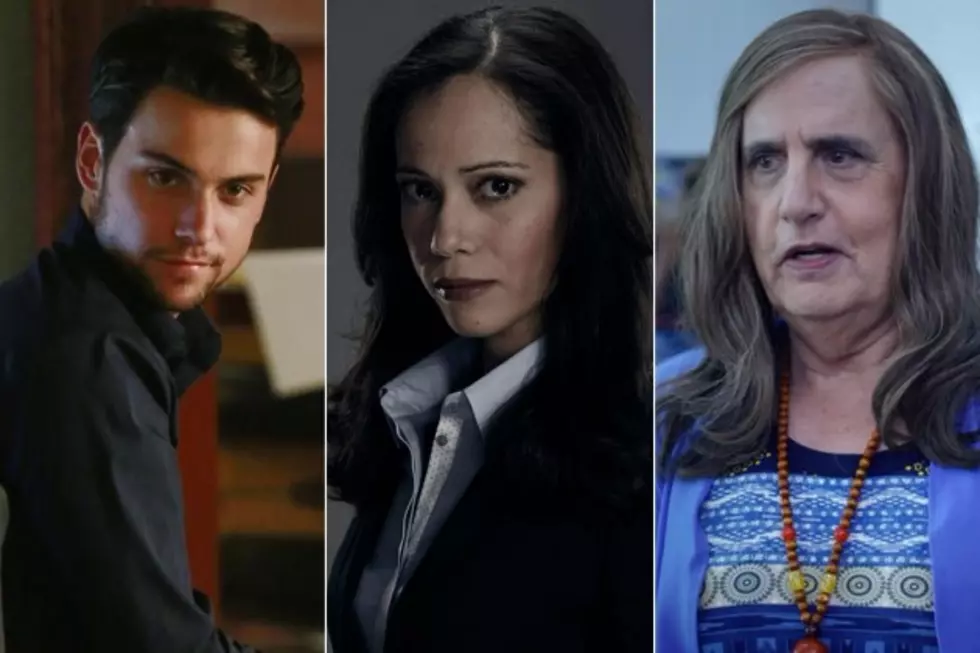
Big Strides on the Small Screen: Why This Fall Is a Major Season for LGBT on TV
On Thursday, September 25, 'How to Get Away with Murder' lit the blogosphere on fire. The series, executive produced by 'Scandal' creator Shonda Rhimes, featured actors Jack Falahee and Conrad Ricamora in flagrante, fiercely making out with each other before ripping each others' clothes off. The following week, these two were at it again, "only this time, I get to do you," said Ricamora's Oliver. And that's apparently only a steamy preview of what's coming up.
"I knew I wanted to push the envelope, especially with the gay sex," the show's creator Peter Nowalk told E!. "And to me, writing the gay characterization and writing some real gay sex into a network show is to right the wrong of all of the straight sex that you see on TV. Because I didn't see that growing up, and I feel like the more people get used to two men kissing, the less weird it will be for people."
This fall, many new shows, including 'Scandal,' 'Gotham,' 'The Flash,' and Amazon Prime's new original series 'Transparent,' are taking a similar approach with their gay, lesbian, bisexual and transexual characters. While most of the network shows aren't so heavy on the sex, the community is being represented in new, interesting and prominent ways. As if in response to outcry for more LGBT flavor in the superhero arena, the FOX Batman prequel features a lesbian Latina character in a prominent role (Victoria Cartagena's Detective Renee Montoya), The CW's 'The Flash' will feature two gay characters (Patrick Sabongui's closeted crime lab director David Singh and DC's first openly gay villain Pied Piper), while 'Transparent' follows the life of a man (played by Jeffrey Tambor) transitioning into womanhood.
This lineup of prominent LGBT roles in strong series is heightened by what came in previous years, like how 'Orange Is the New Black' continues to garner awards recognition, 'Game of Thrones' pushes the envelope with more queer characters and bedroom scenes, and shows like 'The Walking Dead' and 'Pretty Little Liars' feature lesbian characters in major roles. Looking back to where this wave of acceptance first originated, many credit Ellen DeGeneres and 'Ellen: The Ellen DeGeneres Show' for paving the way, including Megan Mullally, who famously played the often-drunk "Richie Rich" Karen Walker on 'Will & Grace.'
Speaking with Larry King back in 2005, the actress said, "They [NBC] were expecting a lot of controversy and a lot of flak and crazy protests [against 'Will & Grace'], and we were all kind of coached with what to say if somebody confronted us with hard questions. And it just never happened. And I think because Ellen had -- very soon before that had done that show, where her character was a straight woman who comes out, helped us."
Even before Ellen, though, Tony Randall portrayed the first leading gay character in an American television show, Sidney Shorr, first in the TV movie 'Sidney Shorr: A Girl's Best Friend,' and then in the '81-'83 series 'Love, Sidney.' However, his character failed to really catch on with the public, and it wasn't until 'Ellen' and later 'Will & Grace' that a series could prove itself a hit while featuring a gay character as the lead.
"A friend of mine once said, you know, he believed that our show ['Will & Grace'] was doing for gay people what 'The Jeffersons' and 'Good Times' did for the African-American community way back then," said Sean Hayes, now an openly gay actor, though he didn't officially come out of the closet until 2010. "And I'd like to believe that's true, you know, kind of showing gay people in this kind of light and -- where it's not about that, it's just about the characters for the first time, like those shows were. And I think that -- that's probably why it works."
'Will & Grace' lasted for eight seasons, from 1998-2006, but for as many strides as it took in the fight to get more gay representation on the small screen, it played up a certain image of gay men that would eventually become an overused stereotype: the hilarious gay guy used as comic relief. In the gay-centric shows that followed, this seemed like the only appropriate depiction for mainstream TV. While shows that took a more realistic approach in depicting gay lifestyles were confined to pay-cable and LGBT-pegged networks (see 'Queer as Folk,' 'Noah's Ark,' 'Dante's Cove' and 'The L Word'), our most recognizable gay characters on network television were embracing the stereotypes.
This tactic was arguably necessary at the time in order to establish a collective voice and presence on TV, while the world was still somewhat fearful of the community, the fight soon became more about pushing for realistic and layered portrayals of these characters through the mainstream circuit. And it's a fight we're still seeing to this day, though with less pushback.
For Greg Berlanti, the openly gay writer and producer behind such series as The CW's 'The Flash,' 'Arrow' and the recently announced 'Supergirl' series, it was easy to find similarities between straight and gay people. As he recently told Out Magazine, "I think what really ends up connecting a lot of people as they get older is they realize that straight people and gay people -- we can all feel isolated and we can all feel alone and I think that’s at the core sometimes of the sadness of DC Comics characters." Marvel's Stan Lee once said "every type of person should be represented in these stories," and it's because of Berlanti's similar mindset and push for these characters to be heard that we're seeing significant changes in the superhero TV genre.
As for Victoria Cartagena, who plays Renee Montoya on FOX's 'Gotham,' she understands what her openly lesbian character represents. "Growing up, I rarely saw people of color or gay people depicted in a positive light, and I know when you don’t see yourself reflected in the world around you, it does things to your self-esteem," she told The Advocate. "I know what she means to people, and if watching me means that I can help someone else feel included, then that makes me very happy."
However, one of the biggest moves made in TV this fall is giving a voice to the "T" in LGBT. Jeffrey Tambor stars in the new Amazon Prime series 'Transparent,' surrounded by actors Gaby Hoffman, Amy Landecker (who plays a closeted lesbian) and Mark Duplass' brother Jay, as a father getting his family to come to terms with his transition into a woman. In a heartfelt piece of dialogue, Sarah (Landecker) attempts to understand what her father is doing. "Just help me out here. Are you saying you're gonna start dressing up like a lady all the time?" In response, Maura (born Mort) says, "No. Honey, all my life -- my whole life I've been dressing up like a man. This is me."
Critics have been raving about 'Transparent' for not only being an important series about the struggles of trans people, but also for just being a great show. "It’s not really to change the minds of super-right-wing Republicans," the show's creator Jill Soloway told Vulture. "It’s really to address this moveable middle. The largest group of people who are in between those two poles, who really just need information." However, the fate of 'Transparent' and the rest of this LGBT-infused fall lineup now lies with the audiences.
Pilot season is an uneasy time for fledgling series working hard to stay afloat from cancellation, though 'Gotham' is already appealing to comic book fans and, despite the hot and heavy gay sex sequences, 'How to Get Away with Murder' is quickly becoming one of the most watched shows on network TV. Ahead of its third episode this Thursday, the show has maintained high ratings in the 10 p.m. slot for two weeks in a row, and 'Scandal,' which recently depicted a steamy moment that prompted Access Hollywood to ponder its future stance among viewers, continues to be hoisted up by interaction from fans on social media.
It would be inaccurate to peg any of these series as a "gay series," as this cross-genre appeal is why so much of the audience seems to be embracing the change. Despite its central storyline, 'Transparent' is essentially a dysfunctional family dramedy, while 'How To Get Away With Murder' is riddled with crime and suspense, and 'Gotham' and 'The Flash' are superhero series at heart, all of which just so happen to spotlight LGBT characters. Recently, actor Andrew Scott said something similar of his latest movie, 'Pride,' which depicts a group of gay and lesbian activists coming to aide the minor's strike of 1984-85: "It’s not a gay film, it’s about humanity. Everybody within the cast and crew responded to that feeling at the read through very passionately. They felt a huge ownership over that, whether they were men, women, gay or straight." And it's this idea that makes the future of LGBT on TV brighter than ever.
More From ScreenCrush
